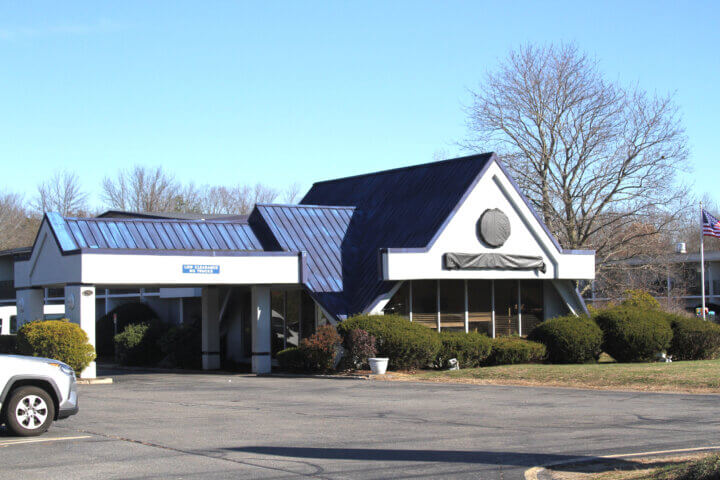By Betsy Levinson — Betsy@theconcordbridge.org
Concord is moving in the right direction in the fight against climate change, but the Climate Action Committee says it’s not doing enough.
The committee wants the town’s goals for reducing greenhouse gas emissions to align more with the state, which upped its goals “to be more ambitious than the goals we had chosen,” said committee member Bradley Hubbard-Nelson.
“We thought it very important that Concord resolve to do at least as well as the state,” he said.
The resolution includes a declaration of a climate emergency, which was the subject of Town Meeting Article 31.
“The essence of this is that given the last few years where global warming appears to be accelerating, it is important that everyone — all homeowners, businesses, schools and municipal departments — take action to meet or exceed these goals,” Hubbard-Nelson said.
The CAC supports the Concord Municipal Light Plant’s work to educate and incentivize homeowners to install heat pumps and other climate-friendly measures.
Challenges ahead
The CMLP eliminated all fossil fuel-generated electricity from their purchasing portfolio, leaving the town with 100 percent carbon-free electricity,” said town Sustainability Director Eric Simms.
The town’s “electric vehicle first” policy makes Concord the municipality “with the second highest rate of electric vehicle adoption in Massachusetts,” Simms said.

But Hubbard-Nelson said converting the electricity supply was the easy part, and the work to continue towards meeting the interim 2030 goal is challenging “with so many buildings to upgrade.”
To reach the 50 percent emission reduction in the next six years, “we need to about double the rate of conversions from what it is now, hence the urgency,” he said. “Budgets are tight, but the town and its residents need to plan ahead and prioritize doing its part to stop climate change.”
He said converting municipal facilities and schools from fossil fuels will take several years, “but other towns like Acton and Arlington have made plans and are going through the process.”
There is some good news: Simms said Concord’s emissions level for 2022 fell 37 percent from 2008, “so we are making progress and moving in the right direction but still have much to do as a community.”
The town “needs to focus on decarbonizing our buildings and transportation, which are the two sectors that contribute the most to our greenhouse gas emissions,” he said.
Simms also said there’s a health benefit.
“Reducing and eliminating the use of fossil fuels will contribute to the near- and long-term health and wellbeing of our population, our natural resources, and maintain the culture and character that defines Concord,” he said.
“Striving to meet ambitious sustainability goals is an investment that will better position Concord to be a healthier, more resilient and more prepared community both now and in the future.”






